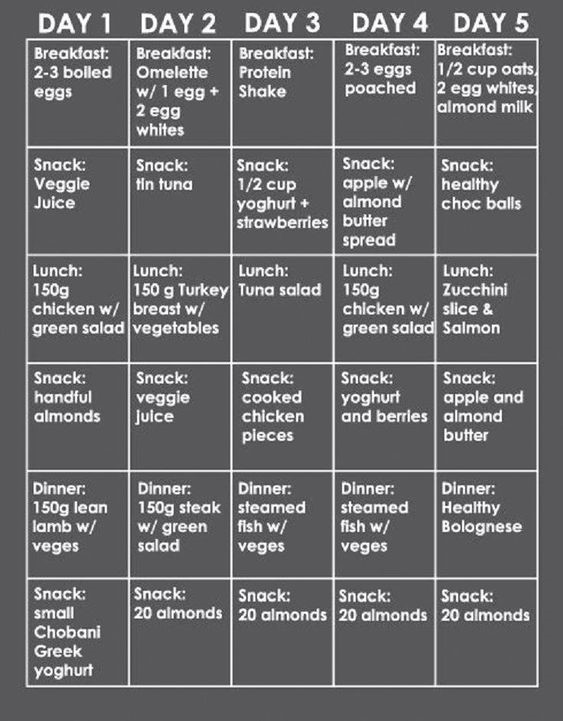 |
| ▲ During the intermittent diet, people can choose what they want to eat. (Photo from Pixabay) |
In 2013, intermittent fasting became a hot dietary trend after it was introduced on a local TV program. This year, it regained popularity after being aired once again on an SBS special program about different dietary methods including the Fast-Mimicking Diet (FMD). Intermittent fasting is an eating pattern where you cycle between brief periods of fasting, with either no food or a significant calorie reduction in calories and periods of unrestricted eating. Through intermittent fasting, people realized that it was possible to free yourself from obsessing over food. Nowadays, intermittent fasting has become widespread, as some studies have proven its efficacy and people began considering it as a new form of exercise.
During a broadcast of the Korean entertainment show “My Little Old Boy” on March 10, singer Hong Jin-young shared that her sister, Hong Sun-young following an intermittent fasting diet. Hong Sun-young revealed that she enjoys intermittent fasting as opposed to other dietary methods because it does not restrict the food that you eat, just when to eat it. Intermittent fasting is well known for helping practitioners lose stubborn body fat and improve health markers associated with diseases such as high blood pressure and high cholesterol. The most common types of intermittent fasting are time-restricted fasting and alternate-day fasting. Time-restricted fasting, also known as the 16:8 rule, is where you fast for 16 hours and maintain an 8-hour eating window. This is usually achieved by either skipping breakfast or dinner. Next for the alternate day fast, as the name suggests, practitioners fast on alternating days. For example, you could fast on Tuesday, Thursday, and Saturday every week and eat normally on the remaining days. On a fasting day, you can fast completely, consuming water only or you can eat super small meals of up to 25% of your regular caloric intake. Conclusions drawn in a 2017 study by The Journal of the American Medical Association and in a 2018 study, published in the American Journal of Clinical Nutrition, showed that alternate-day fasting does not produce superior benefits for weight loss as compared to daily calorie restriction. Therefore, if you do not think fasting is right for you, restricting calories works just as well.
According to YTN Science News, there are many strengths and weaknesses to intermittent fasting diets. The main strength is that it is much safer than other diets because the person who follows an intermittent diet can eat anything they want, making it a much healthier plan than other diets. Another benefit is that while it helps people lose weight, it also helps people lower insulin levels in their bodies. A high rate of insulin in one’s body can cause weight gain leading to obesity. In fact, according to the SBS special, one person lost 16kg because he followed an intermittent fasting diet. He didn’t eat anything from 7 p.m. to 11 a.m. and easily lost weight as compared to when he followed other dietary regimes. However, the diet also has some weaknesses. First, it can damage protein levels in your body. Although this diet is much healthier than other diets, it is still dangerous because it prevents people from eating the right amount of protein in their food. This can disrupt the normal functioning of your hormones and cause diseases related to bones, skin and more. For instance, if you go on this diet for a long time, it can cause your hair to fall out or make your bones weak. According to Channel A, going on an intermittent diet over and over again can disrupt your hormone levels. Another weakness is that this intermittent diet makes people eat less calcium naturally. So, if intermittent dieting is used repetitively, it can cause osteoporosis.
 |
| ▲ No meal plans are needed for intermittent fasting. (Photo from Pinterest) |
To learn more about intermittent fasting, the Dankook Herald interviewed Mr. Kang Bong-soo, Director of the Korean Hospital Doctors Association. He stated that in order to identify the exact mechanism of how intermittent fasting leads to weight loss, we must first understand if it is a healthy process. When asked about alternate-day fasting, he explained that people should be careful about eating low-calorie meals for two days in a row. This is because fasting for a whole day is actually quite unhealthy and may lead to unforeseen dangers depending on the person’s health. For instance, if a person who was originally underweight decided to proceed with the alternate-day fasting, the diet plan may lead to eating disorders like anorexia nervosa, bulimia nervosa or binge-eating disorder. Furthermore, the nature of this diet is that a person will fast for two whole days a week, based on the idea that they receive sufficient nutrition to sustain themselves on non-fasting days. However, this is a requirement which many do not fulfill. Therefore, Director Kang does not recommend it. Instead, he urges people to consider exercising to lose weight and eating a controlled diet, instead of just depending on intermittent fasting for weight loss. In the case of university students, intermittent fasting is encouraged as it allows you to eat what you want but only during specific hours of the day. However, if you start to feel poorly, see a doctor as soon as possible to minimize damaging your body.
In today’s society where food is provided and consumed 24 hours a day, intermittent fasting makes people think about the wisdom of hunger. Although it is true that intermittent fasting has a positive effect on our health by preventing some common adult diseases and obesity, it may result in an imbalance of nutrients if people fast for a long time. However, at this moment, there is no data available on the long term effects on intermittent fasting. Therefore, it is important to develop a healthy body and mind through a balanced diet and regular exercise, since losing weight is not just about eating food.
김도현, 남윤경, Tsai Ming Hsuan dankookherald@gmail.com

![[Campus Magnifier] Let's Surf the Library!](/news/photo/202404/12496_1765_4143.jpg) [Campus Magnifier] Let's Surf the Library!
[Campus Magnifier] Let's Surf the Library!
![[Campus Magnifier] Let's Surf the Library!](/news/thumbnail/202404/12496_1765_4143_v150.jpg)





